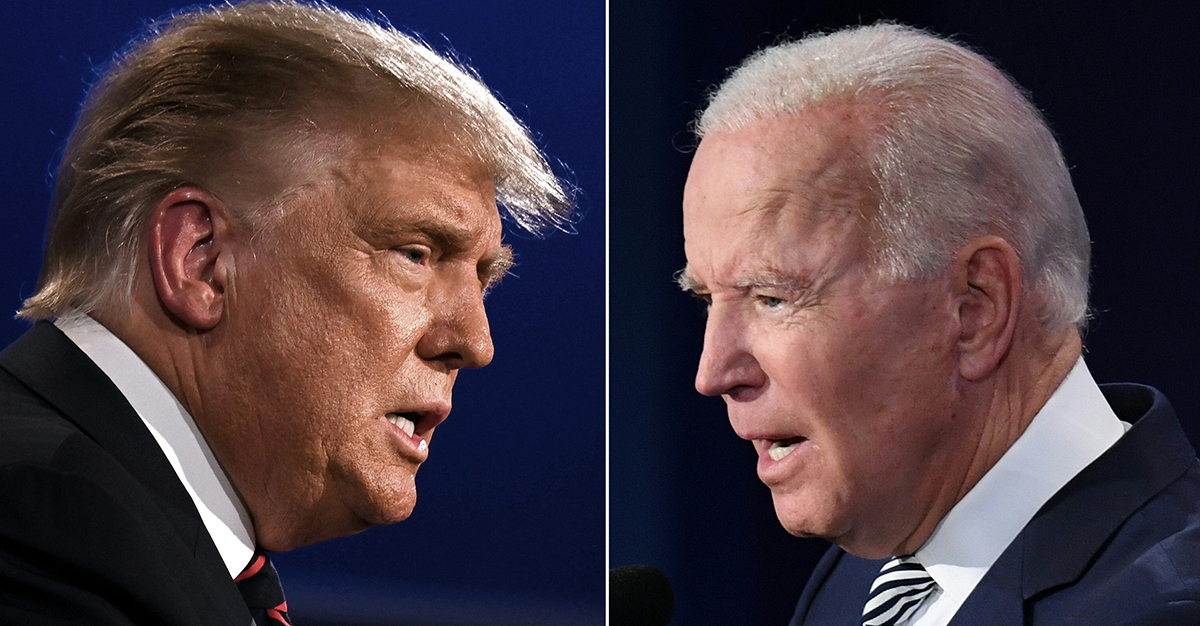OPINION: This article may contain commentary which reflects the author's opinion.
The United States Postal Service has been more involved in voting than simply handling mail-in ballots during the 2020 election.
During the Donald Trump administration, the Postal Service was pursuing a project to build and secretly test a mobile phone voting application based on blockchain technology which the government’s own cybersecurity experts say cannot be trusted, The Washington Post reported.
The system was never deployed in a live election and was abandoned in 2019, Postal Service spokesman David Partenheimer said. That was after cybersecurity researchers at the University of Colorado at Colorado Springs conducted a test of the system during a mock election and found numerous ways that it was vulnerable to hacking.
The project appears to have been conducted without the involvement of federal agencies more closely focused on elections, which were then scrambling to make voting more secure in the wake of Russian interference in the 2016 contest. Those efforts focused primarily on using paper ballot so the voter could verify their vote was recorded accurately and there would be a paper trail for auditors — something missing from any mobile phone or Internet-based system.
The secrecy of the Postal Service’s mobile voting project alarmed election security officials and advocates who fear it could spark conspiracy theories and degrade public faith in the democratic process. Those concerns have grown immensely since the 2020 election, bolstered by baseless claims of election fraud by former president Donald Trump and his supporters.
“If you’re doing anything in the election space, transparency should be priority number one. There should be no guessing game around this,” former Cybersecurity and Infrastructure Security Agency senior advisor Matt Masterson said.
“It’s scandalous for a government entity to conduct research into the security of blockchain online voting, which shows how insecure it is, but then hide the results and deprive the public and officials of these findings for over two years,” on election security for Free Speech for People, a group that advocates for election security and is against mobile voting, senior advisor Susan Greenhalgh said.
An assessment that came in May 2020 from the FBI, CISA and other federal agencies found that mobile voting had significant risks to the “confidentiality, integrity, and availability of voted ballots.”
A mobile voting system could reduce the burden on the Postal Service, who handles the mail in ballots during elections, but it would also reduce the revenue the agency makes during voting season.
“The Postal Service was awarded a public patent for the concept in August 2020, but had not previously revealed that it built a prototype system or tested it. The patent application predated the administration of Postmaster General Louis DeJoy, who came under fire from congressional Democrats and election administration experts over mail-slowing procedures implemented in the run-up to the November 2020 vote,” The Post said.
Tammy Patrick, a senior adviser at the government watchdog group Democracy Fund, said that the Postal Service had discussed a mobile voting system with state and local election officials for years, arguing that it could have been a help to military and overseas voters.
USPS spokesman Partenheimer said that the agency’s patent for the mobile voting program was “exploratory in nature and did not proceed to a production model.”
“Blockchain technology’s potential to strengthen digital transaction security is a concept we have explored on our journey to better meet our customers’ current and future needs, and to bridge the gap between the physical and digital worlds,” it said. “But we don’t have plans to advance this system.”
“Based on our research, this actually causes more problems than it solves,”one of the researchers, Shawn M. Emery, who is also a PhD candidate in cybersecurity, said. “If three researchers can do this much damage, I can’t imagine what a nation-state actor with millions of dollars in its budget could do in order to break this election system in multiple ways.”
